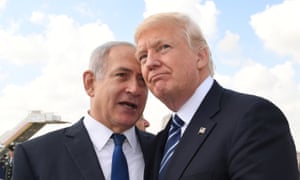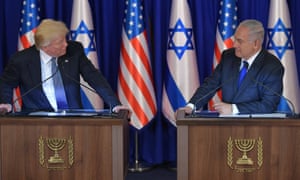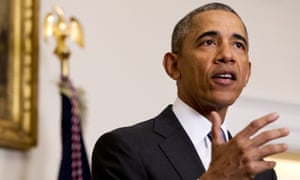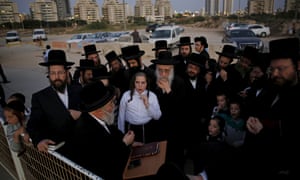If Donald Trump is going to use WW2 to justify his UN speech, it would be good if he got his facts right
I do recall another man who used the ‘Free French’ resistance parallel from the Second World War. He was trying to prove that Muslims had the right to resist the United States. His name was Osama bin Laden
Robert Fisk
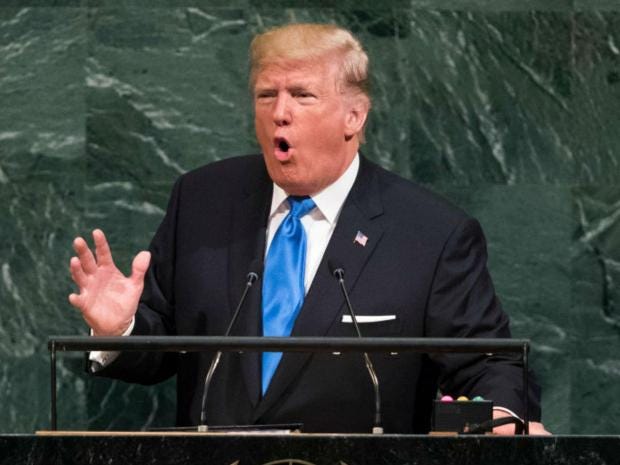 The US President’s speech at the UN has been branded ’delusional’ Getty
The US President’s speech at the UN has been branded ’delusional’ Getty
When, oh when, will our politicians/statesmen/dictators – mad or moderately sane – stop using the Second World War as a yardstick for their hatred and pride? Trump turned his hand to it in his UN speech – in a passage clearly written by others, but woefully out of context – when he uttered the following historical perspective:
“From the beaches of Europe to the deserts of the Middle East to the jungles of Asia, it is an eternal credit to the American character that even after we and our allies emerged victorious from the bloodiest war in history, we did not seek territorial expansion or attempt to oppose and impose our way of life on others.”
Phew. Well, let’s kick off with the one country Trump left alone in the UN: Russia. It was Russia which bore the brunt of Hitler’s Wehrmacht, it was Russia’s destruction of Hitler’s military power that broke the Nazis, and it was Russia which – with the approval of both Churchill and Roosevelt (and later Truman, whom Trump quotes at some length) – dominated eastern Europe with a series of vicious “socialist” dictatorships for decades after the war was over. When Trump referred to “our allies” in the Second World War, he surely – though I’m not certain of this – knew that the most powerful of them in Europe was the Soviet Union.
There’s no problem with D-Day (“the beaches of Europe”), and the landings in Italy and southern France, although they came a bit late for Stalin who’d been pleading for a Second Front for two years. Besides, the Western Allies feared that if they didn’t launch D-Day soon, then the advancing Russian army would be sunbathing on the beaches of Spain.
But the reference to the “deserts of the Middle East” went way beyond reality. US Middle East policy after the Second World War was based on oil resources – and the propping up of dictators and kings who would ensure the flow of oil in the future – and total and uncritical support for Israel, whose occupation and theft of Palestinian land in the West Bank would have produced a froth of economic sanctions from the Trumps of this world had it been any other country.
The “jungles of Asia” was also way over the top. The Communists of French Indo-China fought their Japanese occupiers, then the French when they returned to “their” colonies, and then the Americans when they fought in Vietnam to prop up their own dictatorship in Saigon. The Japanese themselves got off so lightly under Douglas MacArthur that many of their war criminals were never put before a war crimes court, and the Emperor remained on his throne. But – the Department of Home Truths (DHT) beckons here – yes, the Americans did help to give birth to a flourishing democracy in Japan. And – the DHT again – the US did help West Germany to develop as a democracy, albeit with quite a lot of ex-Nazis still in positions of power, and kept the West Berliners alive with the Allied airlift. Pity about eastern Germany.
And Czechoslovakia. And Bulgaria. And Hungary. And Rumania. And Lithuania. And Latvia. And Estonia. And Poland. Ah yes, poor old Poland. “Patriotism led the Poles to die to save Poland,” Trump quoth at the UN. Oh yes, the poor old Poles did indeed die to “save” Poland. Firstly, they died in their tens of thousands when the Nazis invaded them in 1939 (after a secret pact with Stalin). Britain and France drew the sword on their behalf but did not even attack Hitler’s Germany in the West. And when the Poles rose up against the Nazis in 1944, the Western Allies dropped a few weapons and watched impotently as Stalin – our greatest ally – did nothing, allowed the Nazis to erase the Polish patriots and then gobbled up Poland himself. The Poles had died, literally, in their millions, for this gross betrayal.
And there’s one more thing we might mention in this load of old Trumpery: that when Hitler marched into Poland and Denmark and Norway and Holland and Belgium and Luxembourg and then France and threatened to invade Britain, the United States enjoyed a very profitable period of neutrality – as it had done for most of the First World War – until the Japanese attacked Pearl Harbour in December 1941, more than two years after the start of the Second World War. It was, we might remember, Hitler who then declared war on the United States, not the other way round. And French “patriotism” and “free France”, which Trump also mentioned, took something of a back seat during the four-year disgrace of the Vichy collaboration.
As for the Brits, strong we were, though it would have been good to have US troops fighting for us on the beaches of Dunkirk in 1940 as well as on the beaches of Normandy four years later. Pity they couldn’t make it.
And – hem, hem – I do recall another man who used the “Free French” resistance parallel from World War Two. He was trying to prove that Muslims had the right to resist the United States. He said it to me. In Afghanistan. His name was Osama bin Laden. But there you go. I guess Trump’s World War Two efforts get about two out of ten. Not bad for a guy who’s crackers.
